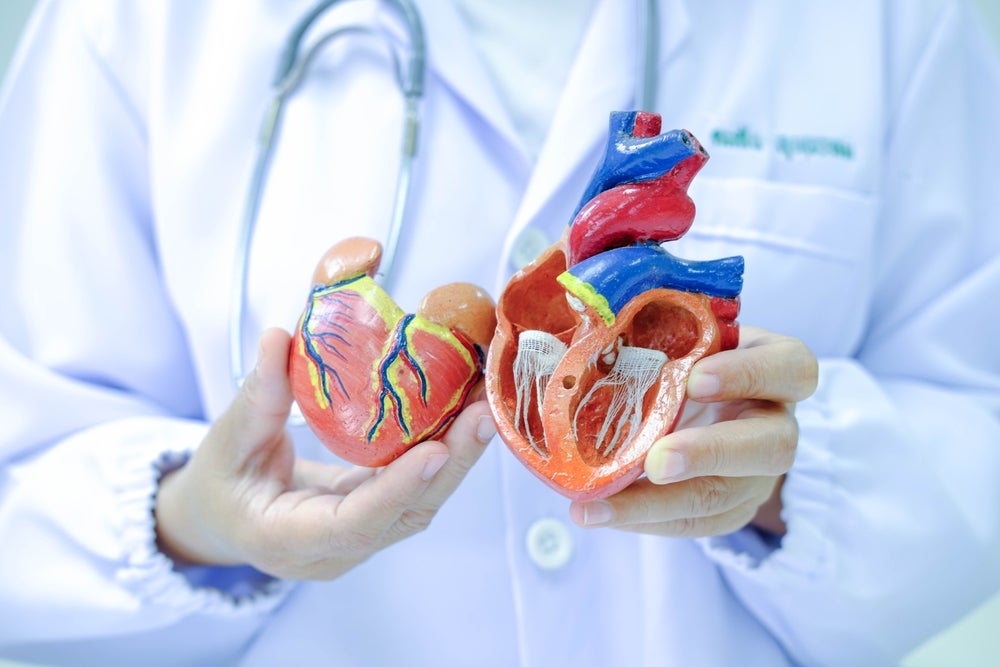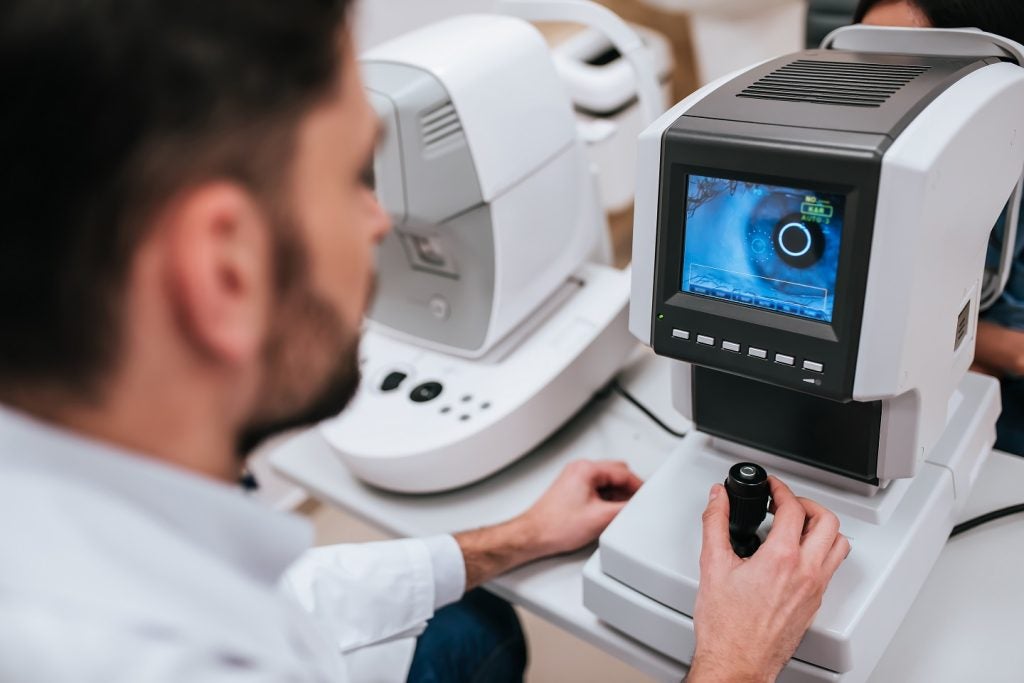Edwards Lifesciences’ EVOQUE gained US Food and Drug Administration (FDA) approval in February 2024, making it the first transcatheter tricuspid replacement valve to be approved for the US market.
It is also the first FDA-approved tricuspid or mitral valve replacement that can utilise a femoral transcatheter placement approach.
The initial success of aortic and pulmonary valve replacements using transcatheter techniques has prompted medical manufacturers to pursue tricuspid and mitral valves.
By 2014, five different mitral valve devices were being implanted as part of clinical studies.
The development of transcatheter mitral valves began prior to that of tricuspid valves based on stronger clinical needs and the existing surgical mitral valve market.
The structure, access, and dynamics of the heart’s mitral valve have presented significant obstacles to the development of these devices, which must compete with the reliability of existing surgical valve replacements.
Prevailing clinical guidance on tricuspid regurgitation (TR), where there is a backflow of blood through the valve during each heartbeat, is to leave it untreated due to the risks of traditional surgery outweighing any potential benefit.
In recent years, studies have shown that the risks of untreated TR are higher than previously thought, and the favourable risk profile of transcatheter procedures led to the development of a device that could address TR.
Manufacturers found that mitral valve replacements such as EVOQUE were suitable to be used for tricuspid valve replacement while the tricuspid valve’s easier access and less demanding anatomy than the mitral valve led to early studies showing very promising results.
Now that transcatheter tricuspid valve replacement devices are available, there has been a surge of procedures that are competing for resources with aortic valve replacements.
This is due to the severity of tricuspid cases that had been lacking a treatment option and the added incentive to schedule procedures that demonstrate a novel technique for training purposes.















